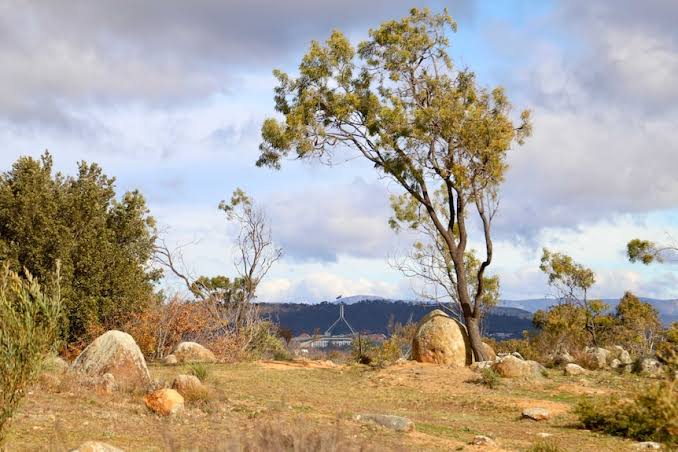The Ngunnawal people are the Traditional Owners of the land on which the Australian capital, Canberra, is situated. They have a rich cultural heritage that has been passed down through generations, encompassing their spirituality, language, customs, and traditions.
The Ngunnawal people were traditionally hunters and gatherers, living off the land and following the seasonal movements of native animals and plants. They had a deep understanding of the environment and a close relationship with the natural world, which was integral to their way of life.
Their spiritual beliefs were also closely tied to the land and the environment. They believed that everything in nature had a spirit, and that humans had a responsibility to care for the land and all its inhabitants. They had a strong sense of community and family, with elders playing a key role in passing on knowledge and traditions to younger generations.
The arrival of European settlers in the 19th century had a significant impact on the Ngunnawal people and their way of life. Many were forced to move from their traditional lands and their culture was threatened by the introduction of foreign practices and beliefs. However, the Ngunnawal people have worked hard to maintain their cultural identity and reconnect with their ancestral lands.
Today, the Ngunnawal people continue to play an important role in the Canberra community. They work with government and non-government organizations to promote reconciliation and recognition of Aboriginal and Torres Strait Islander peoples. They also run cultural programs and events to educate the wider community about their culture and history.
The Ngunnawal people have a proud and resilient culture that has stood the test of time. They continue to honour their ancestors and their connection to the land, and work towards a future that is respectful and inclusive of all cultures and traditions.
